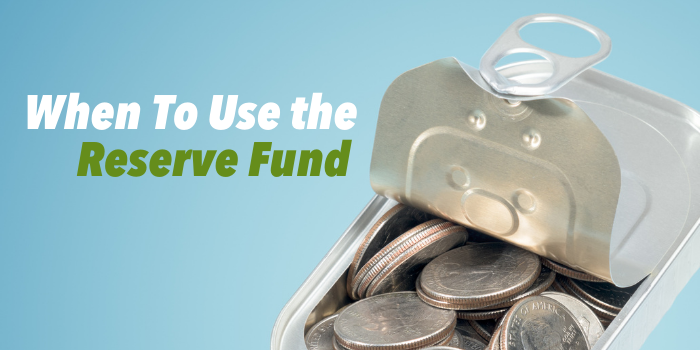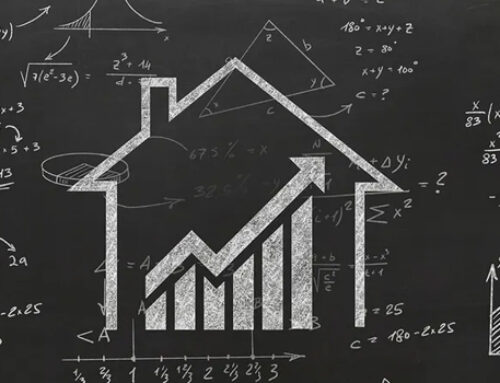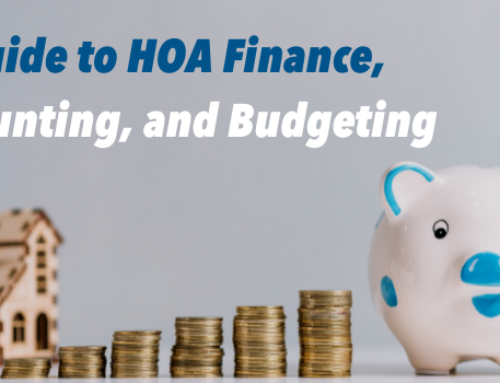HOA boards dutifully save part of each year’s revenue in a reserve fund for the association. But, what exactly is this reserve fund for, and how can the board ensure it is used responsibly? In this article, we’ll look at the purpose of reserve funds and how the board can manage them effectively.
Operating Fund vs. Reserve Fund
Before we dig into how to use the HOA’s reserve fund, though, let’s clarify what a reserve fund is. The easiest way to do this is to compare it with the association’s operating fund. Whereas an HOA’s operating fund functions as the association’s “checking account,” the reserve fund functions as the “savings account.” Everyday maintenance and business expenses are paid for with the HOA’s operating account while big repairs and replacements of HOA property are paid for using the reserve account.
The reserve account is basically money the HOA puts away especially for unexpected damage to HOA property and expensive, but necessary, replacements of or repairs to the HOA’s property, similar to how an individual would put away money just in case they have to replace their home’s roof or in preparation to pay for dental braces for their child.
Tactics for Managing an HOA’s Reserve Fund
However, budgeting for all the big, future expenses of an entire HOA can be much more challenging than budgeting for individual expenses. Luckily, there are tools and professionals to help guide an HOA board through managing a reserve fund appropriately:
- Review the governing documents. Each association’s governing documents should include instructions explaining what to budget for in the reserve fund, what the money in the reserve fund should be used for, and how often an association should conduct a reserve study to figure out how much money to put into the reserve study each year.
- Review state law. States may also have laws for how HOAs should manage their reserve funds and how much money, at a minimum, should be placed in reserve funds. So, when creating the HOA’s annual budget, it’s always important to review state law along with the HOA’s governing documents. For instance, while Section 33-1806 of the Arizona Revised Statutes does not restrict what an HOA’s reserve fund can be used for, it does require that the reserve balance be provided to homebuyers, along with the most recent reserve study, if one exists. Texas law doesn’t contain specifications for how reserve funds must be used. It should also be noted that improperly using an HOA’s reserve funds for ordinary expenses may result in potential federal and/or state tax consequences for the association.
- Hire a professional reserve analyst. A reserve analyst is a professional who can review the HOA’s assets, assess their value, and determine how much money the HOA must put in their reserve study each year to cover future repair and replacement costs. Having a professional reserve study completed every three to five years is especially important for larger, more complex associations with many amenities to maintain.
We hope you find this information useful as you work to responsibly manage HOA finances and resources. If you have any further questions about reserve funds, we’d love to hear from you!







